by Charles Jay
Mike Acri is the guy who helped make Hector Camacho relevant once more.
Acri was revered within boxing circles as someone who had brought Roberto Duran back again and again after he had been declared unimportant, and he was endeavoring to do the same with another of the sport’s charismatic names.
Camacho had lost decisively to Felix Trinidad, which itself had come not that long after a near-shutout loss to Julio Cesar Chavez, and that was essentially the end of the Macho Man as a serious contender.
That is, in the opinion of some, not all.
Camacho’s promotional deal with Don King was finished, and Acri knew he still had some name value, just as in the case of Duran. “He made money with a lot of promoters,” he says, “and it’s because he made those promoters a lot of money. I had know Hector previously, and I knew he was a no-nonsense guy when it came to making money.”
So Acri took a chance, and he took Camacho on a bit of a barnstorming tour. He fought in Mississippi. He fought in Chicago. He fought in Pennsylvania, Texas, Cincinnati, Los Angeles, Atlantic City, Fort Lauderdale, Foxwoods and the District of Columbia. The guy was all over the layout. He got plenty of exposure on USA Network’s “Tuesday Night Fights,” which was looking for names, and thus he became an entity again.
Just to keep things “in the family,” Acri arranged a fight between his two “legends,” Duran and Camacho. After a unanimous Camacho decision, it was on to another oldie-but-goodie in Sugar Ray Leonard. Although Camacho had purse parity with Duran ($775,000), we was not going to get it with Leonard, who was somewhat higher in the food chain when it came to pay-per-view pull.
So he made $2 million, while Leonard took in roughly double that. of Camacho, who didn’t think Leonard had a ghost of a chance with him, had told Acri “He (Leonard) don’t want to taste no blood,” and indeed it was a relatively easy evening, ending in five rounds. That led to the “big enchilada,” which was a decision loss against Oscar De La Hoya for the WBC welterweight title (he had fought at 160 just fifteen months before). He may not have had nearly enough to deal with De La Hoya at the time he lost by double-digit margins on all three cards) he $3.2 million purse made for good business.
And speaking of business, despite the kind of antics people often heard about, Acri says Camacho has nothing BUT business-like in his dealings with him.
“I was on auto-pilot with this guy,” said Acri. “He was very professional. When I brought him a fight he just wanted to know when the fight was, who the opponent was, and for how much. I sent him a tape of the opponent and $5000 for training expenses. He usually wanted about eight weeks advance notice. And that was it.”
Of course, that doesn’t mean they didn’t have a few laughs when it came to some of the promotional appearances.
“I remember one time I took him over to Heinz Field, where the Pittsburgh Steelers play,” said Acri, “and he saw some of the Steelers in the video room, studying film, and he said ‘Hey fellas. I know you guys must be the scrubs. You’ve got to stay after practice ’cause you can’t get the plays right’. He was always kidding. He ran into (ex-Steelers coach) Bill Cowher, who knew Hector, but Hector didn’t know who he was. He just said, ‘Hey fella, how’s it going’ like he was the janitor. I was laughing so hard.”
All told, Acri had Camacho under promotional contract from 1994 to 2000. During that time, the Macho Man had a record of 27-1 and made a total of $7.2 million in purses.
Acri did not have anything to do with the Duran rematch, which took place one month after the “Hands of Stone” celebrated his 50th birthday. Camacho was by now in a phase where he was long past world contention and more concerned about keeping a legend alive. But hey; there was still cash to be made, and he was all too happy to take it, up until the age of 48.
His last win came in 2008, against the 20-1 Perry Ballard, in a fight that was contested for the junior middleweight title of the “World Boxing Empire.” Ballard took the punches, so he’s entitled to relay his experiences.
“He still had amazing speed with his hands and an excellent defense for his face,” said Ballard. “His foot work was a little slower but his ability to step side to side when a punch was coming was unmatched.” The fight was stopped 27 seconds into the seventh round.
Camacho was not exactly a spendthrift, but he wasn’t as extravagant, say, as contemporaries like Mike Tyson. And he didn’t have massive tax problems like Duran had. He did not have endorsements waiting for him outside boxing like George Foreman, but he was set up by an adviser early on with an annuity program, and he managed to draw from that on his 50th birthday – reportedly something in seven figures – so he was not desperately in need of money.
Whatever else he needed, he was certainly in the wrong place at the wrong time last week, and that wouldn’t have been the first time.
But a lot of boxing fans would like to remember him a different way.
“This guy was like a rock star,” said Acri. “he had charisma. You can’t teach it. People tuned in to see him fight, and they stick with him.
“He had big fights with big people, and got big ratings. He was a real television star. Boxing needs more people like him today.”


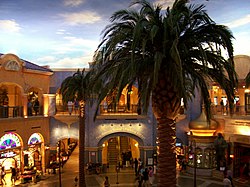



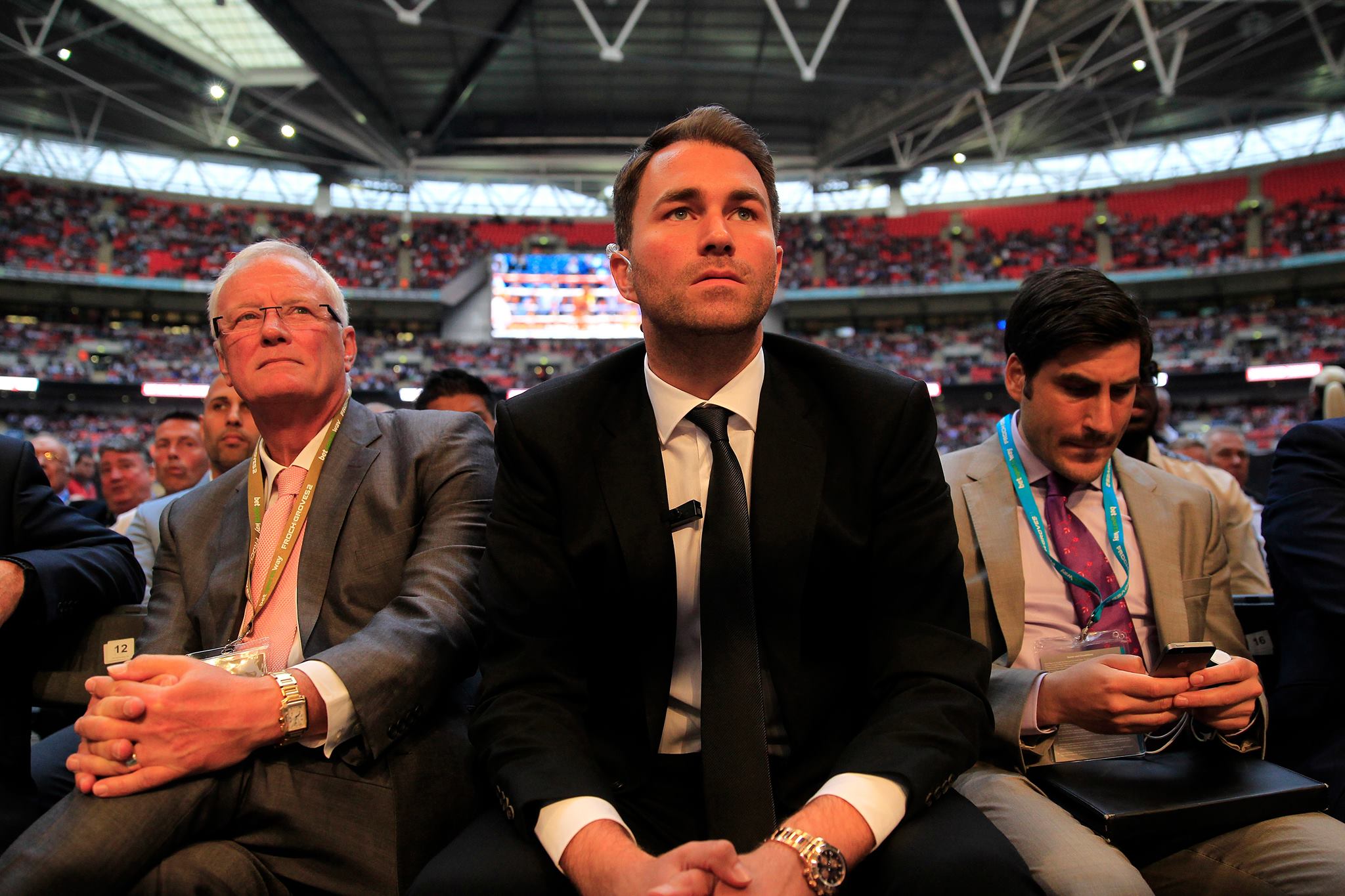
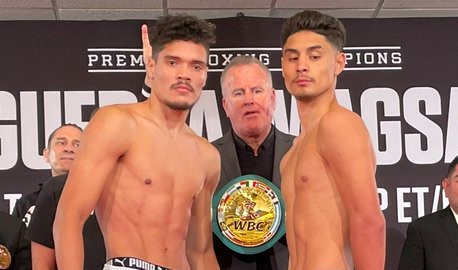
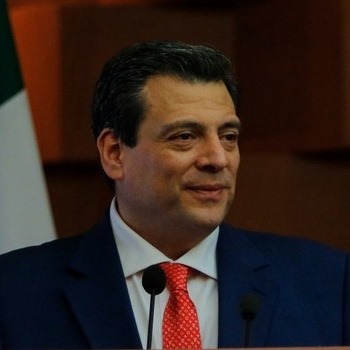







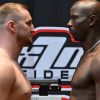
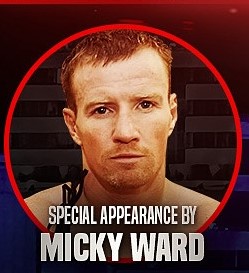

LarryFex
06/25/2024 at 1:55 am
pin up casino az: pin up giris – pin up azerbaijan
Williamfrumn
06/26/2024 at 2:02 pm
mexico pharmacy: northern doctors – best online pharmacies in mexico
Williamfrumn
06/26/2024 at 8:06 pm
mexican pharmaceuticals online: mexican pharmacy northern doctors – medication from mexico pharmacy
JeffreyMok
06/26/2024 at 11:55 pm
http://northern-doctors.org/# mexican border pharmacies shipping to usa
JeffreyMok
06/27/2024 at 3:01 am
https://northern-doctors.org/# mexico pharmacies prescription drugs
Williamfrumn
06/27/2024 at 5:25 am
mexican mail order pharmacies: northern doctors pharmacy – mexican online pharmacies prescription drugs
Williamfrumn
06/28/2024 at 5:38 am
buying prescription drugs in mexico: northern doctors pharmacy – п»їbest mexican online pharmacies
JeffreyMok
06/28/2024 at 1:37 pm
http://northern-doctors.org/# mexican rx online
Ronnienop
06/29/2024 at 6:19 pm
pharmacies in mexico that ship to usa [url=https://cmqpharma.online/#]cmq pharma[/url] mexican border pharmacies shipping to usa
Ronnienop
06/29/2024 at 9:20 pm
mexico pharmacies prescription drugs [url=https://cmqpharma.online/#]cmq pharma[/url] buying from online mexican pharmacy
Ronnienop
06/30/2024 at 2:50 am
medicine in mexico pharmacies [url=https://cmqpharma.com/#]mexico pharmacy[/url] medicine in mexico pharmacies
CharlesRor
07/19/2024 at 10:20 pm
buy medicines online in india [url=http://indiapharmast.com/#]top 10 pharmacies in india[/url] cheapest online pharmacy india
CharlesRor
07/19/2024 at 11:13 pm
canadian pharmacy 24 com [url=https://canadapharmast.com/#]canadian pharmacy prices[/url] legitimate canadian pharmacy online
Davidtoows
07/20/2024 at 12:55 am
п»їbest mexican online pharmacies: mexico pharmacy – reputable mexican pharmacies online
EdwardLoobe
07/20/2024 at 3:20 am
https://indiapharmast.com/# reputable indian online pharmacy
Michaelmoolo
07/20/2024 at 4:31 am
medication from mexico pharmacy: mexican mail order pharmacies – purple pharmacy mexico price list
CharlesRor
07/20/2024 at 5:07 am
best canadian pharmacy [url=https://canadapharmast.com/#]legitimate canadian online pharmacies[/url] canadian drug pharmacy
CharlesRor
07/20/2024 at 6:29 am
my canadian pharmacy [url=http://canadapharmast.com/#]canada pharmacy 24h[/url] adderall canadian pharmacy
Davidtoows
07/20/2024 at 10:56 am
pharmacies in mexico that ship to usa: mexican pharmaceuticals online – mexico pharmacy
Michaelmoolo
07/20/2024 at 2:03 pm
best online pharmacies in mexico: buying prescription drugs in mexico online – buying prescription drugs in mexico
CharlesRor
07/20/2024 at 3:14 pm
buying prescription drugs in mexico online [url=http://foruspharma.com/#]п»їbest mexican online pharmacies[/url] buying prescription drugs in mexico
EdwardLoobe
07/20/2024 at 4:27 pm
https://foruspharma.com/# mexican rx online
Davidtoows
07/20/2024 at 4:47 pm
india pharmacy: buy medicines online in india – indian pharmacy
Michaelmoolo
07/20/2024 at 10:56 pm
buy medicines online in india: reputable indian online pharmacy – top 10 online pharmacy in india
CharlesRor
07/21/2024 at 1:01 am
mexican online pharmacies prescription drugs [url=https://foruspharma.com/#]pharmacies in mexico that ship to usa[/url] buying prescription drugs in mexico online
Davidtoows
07/21/2024 at 2:57 am
п»їlegitimate online pharmacies india: reputable indian pharmacies – Online medicine order
EdwardLoobe
07/21/2024 at 4:47 am
http://indiapharmast.com/# best india pharmacy
Davidtoows
07/21/2024 at 7:50 am
best online pharmacy india: top 10 online pharmacy in india – india pharmacy
Davidtoows
07/21/2024 at 7:54 am
mexican rx online: reputable mexican pharmacies online – mexico drug stores pharmacies
Michaelmoolo
07/21/2024 at 8:21 am
buy canadian drugs: canadian family pharmacy – canadian pharmacy ltd
Myronnepay
07/21/2024 at 3:58 pm
https://paxloviddelivery.pro/# buy paxlovid online
paxlovid covid [url=http://paxloviddelivery.pro/#]paxlovid cost without insurance[/url] paxlovid pill
Jamesjam
07/21/2024 at 7:09 pm
п»їpaxlovid: paxlovid pill – paxlovid covid
Myronnepay
07/22/2024 at 1:07 am
https://doxycyclinedelivery.pro/# doxycycline medication cost
cost of cheap clomid pill [url=http://clomiddelivery.pro/#]clomid generic[/url] how to buy cheap clomid now
Jamesjam
07/22/2024 at 7:51 am
can i buy clomid online: can i purchase generic clomid without rx – order cheap clomid without rx
Myronnepay
07/22/2024 at 8:15 am
https://amoxildelivery.pro/# order amoxicillin no prescription
how can i get generic clomid [url=http://clomiddelivery.pro/#]get cheap clomid without insurance[/url] how can i get generic clomid for sale
Myronnepay
07/22/2024 at 10:28 am
http://clomiddelivery.pro/# where buy clomid
how to get doxycycline 100mg [url=http://doxycyclinedelivery.pro/#]doxycycline for dogs[/url] vibramycin doxycycline
Myronnepay
07/22/2024 at 8:05 pm
http://amoxildelivery.pro/# buying amoxicillin in mexico
doxycycline 100mg tablets cost [url=https://doxycyclinedelivery.pro/#]40mg doxycycline prices[/url] doxycycline singapore pharmacy
Jamesjam
07/22/2024 at 8:26 pm
buy cipro without rx: buy cipro without rx – buy cipro online usa
Jamesjam
07/22/2024 at 10:51 pm
875 mg amoxicillin cost: where to buy amoxicillin pharmacy – medicine amoxicillin 500
Myronnepay
07/23/2024 at 5:19 am
https://doxycyclinedelivery.pro/# doxycycline 60 mg
amoxicillin generic [url=https://amoxildelivery.pro/#]amoxicillin 200 mg tablet[/url] canadian pharmacy amoxicillin
Jamesjam
07/23/2024 at 9:13 am
where to buy generic clomid without prescription: can i order cheap clomid prices – cost generic clomid
Jamesjam
07/23/2024 at 11:31 am
doxycycline 2014: doxycycline tablets canada – doxycycline uk
Myronnepay
07/23/2024 at 2:38 pm
https://clomiddelivery.pro/# can i get clomid without dr prescription
amoxicillin for sale online [url=http://amoxildelivery.pro/#]amoxicillin 500mg capsules price[/url] buy amoxicillin 500mg usa
Jamesjam
07/23/2024 at 9:48 pm
cipro online no prescription in the usa: ciprofloxacin generic price – cipro
Myronnepay
07/24/2024 at 12:28 am
https://clomiddelivery.pro/# cost cheap clomid price
cipro pharmacy [url=https://ciprodelivery.pro/#]antibiotics cipro[/url] ciprofloxacin generic
Jamesjam
07/24/2024 at 10:40 am
paxlovid india: Paxlovid over the counter – paxlovid buy
Jamesjam
07/24/2024 at 12:57 pm
can i order cheap clomid: how to get clomid pills – cheap clomid online
Jamesjam
07/24/2024 at 11:13 pm
antibiotic doxycycline: buy doxycycline australia – doxycycline 100mg tablet